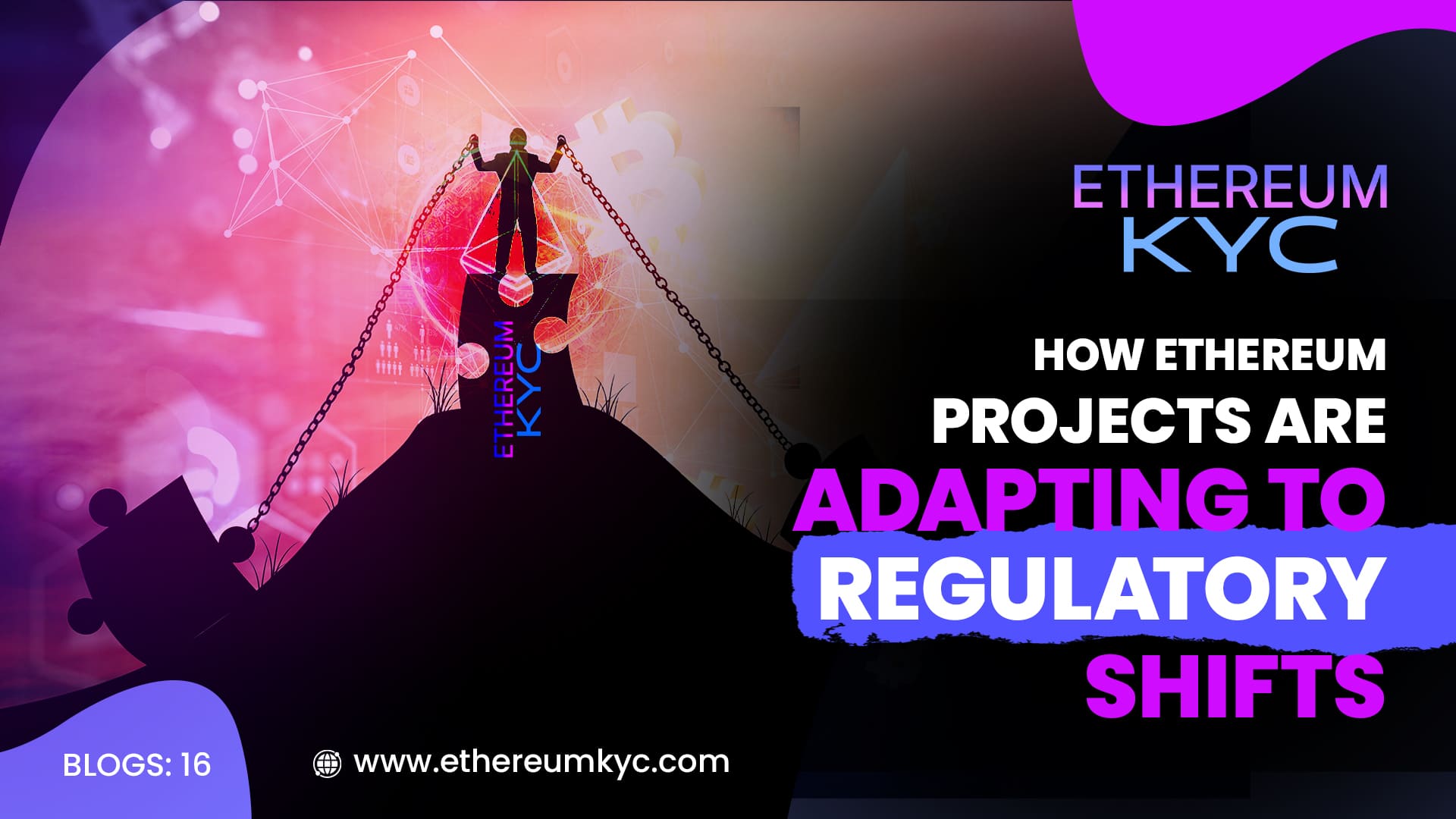December 13, 2024
How Ethereum Projects are Adapting to Regulatory Shifts
The regulatory landscape for blockchain and cryptocurrency is constantly evolving. For Ethereum-based projects, staying compliant with changing regulations is a key factor for success and longevity.
Major Regulatory Shifts Impacting Ethereum Projects
- Global AML and KYC Requirements: Stricter Anti-Money Laundering (AML) and Know Your Customer (KYC) policies are compelling projects to verify user identities.
- Token Classification Laws: Increasing scrutiny over whether tokens are securities is reshaping tokenomics and distribution models.
- Data Protection Regulations: Compliance with GDPR and other data privacy laws is now a priority for Ethereum projects operating globally.
Adapting to Change
- Integrating KYC: Ethereum projects are implementing KYC to comply with regulations while maintaining user trust.
- Auditing and Compliance Tools: Blockchain analytics and third-party audits are becoming standard practices to ensure regulatory adherence.
- Collaborating with Regulators: Open dialogue with authorities helps projects anticipate and adapt to future changes.
Balancing Decentralization with Regulation
Ethereum’s decentralized ethos sometimes clashes with regulatory demands. However, innovative solutions like decentralized identity protocols and privacy-preserving KYC systems are emerging to bridge this gap.
Conclusion
Adapting to regulatory shifts is crucial for Ethereum projects. By embracing compliance while preserving decentralization, these projects can unlock new opportunities and foster long-term growth in the blockchain ecosystem.






